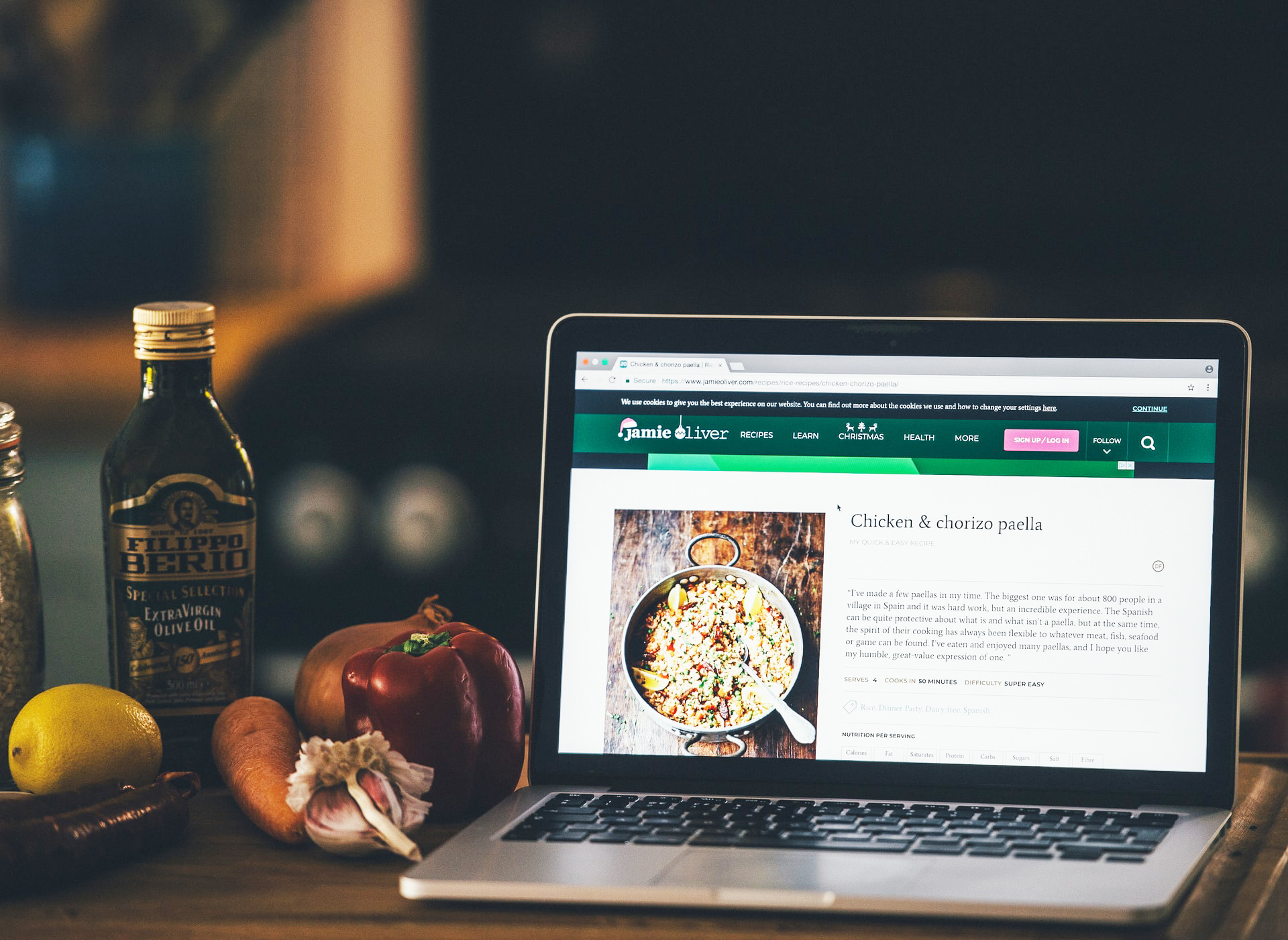
Being at home in between contracts or during a lockdown as in recent times can offer opportunities to hone skills or learn new ones. There are two ways to learn new culinary skills – one is by trial and error at home, the other is by signing up for an online course.
Online learning or virtual classrooms are gaining ground in the education sector, receiving an unlikely boost from the recent coronavirus pandemic. The crisis has affected the cruise industry and stalled crew changes, leaving many cruise ship chefs waiting on shore.
Lockdowns prevent easy access to ingredients so they encourage you to be creative with what you have. Take advantage and look for available substitutes. For example, in the absence of eggs, you can use aquafaba when cooking meringues or marshmallows. This liquid that comes from cooking chickpeas is flavourless when baked, cheap and looks exactly like fluffy egg white when whipped.
You can also attempt to make your own cream cheese, paneer or buttermilk at home with milk and lemon juice. You can do the same with a whole host of pantry staples, including bread, potato crisps, seasoning and dry rub mixes, granola, pastas, etc.
There are dozens of online courses that teach you either a specific skill – like making pasta – or an entire culinary course. Based on your experience and career aims, you can choose courses that suit you best.
Taking online courses can mean that you progress according to your skill level, rather than having to advance along with a class. So if you are able to pick up certain skills faster, you can master them and move on to new ones, thereby adding to your resume. On the other hand, if there is a skill that’s particularly difficult for you, you can watch the video or take that particular class as many times as you need to until you get where you need to be.
Online courses also allow you to attend class at a time you are comfortable with. So if you find your concentration levels are better very early in the morning or very late at night, you can adjust your schedule accordingly.
Some of the popular online culinary courses include those by Auguste Escoffier School of Culinary Arts, New England Culinary Institute, Penn Foster Career School and the Art Institute of Pittsburgh and Rouxbe.
A few online institutes boast a pretty comprehensive programme schedule. Auguste Escoffier, for example, includes research, step-by-step videos, cooking, live sessions with the teacher and graded assignments too. Students are expected to submit a summary, detailed images, and a flavour journal that helps the teacher grade the student despite not being there to taste the food. Training includes culinary techniques, pastry arts, business management, being an executive chef and running a successful food operation.
With Rouxbe, the options offer specific courses to learn plant-based cooking, vegan desserts, seafood literacy and others, aimed at professionals, culinary students and home cooks too.
Online culinary courses vary in length, most requiring you to spend just a few hours a day. With interactive sessions, you are able to get one-on-one feedback from trainers too. This enables you to enjoy your time off work while also upgrading your skills in a short period of time.

